Bonnievale Wines are made in harmony with Mother Nature, thriving in a diversity of her soils, climate and aspects. The Bonnievale Wine Story reflects this relationship our community of farmers is keenly aware of as it tends the land.
Indeed, there is a myriad of reminders. Our home in the Breede River Valley is characterised by the mountain ranges of Langeberg and Riviersonderend, and conservation areas such as the Riviersonderend Nature Reserve, Vrolijkheid Nature Reserve and almost a dozen private nature reserves.
Between them to are large swathes of wilderness inhabited by antelope and even leopards.
The Breede River itself is a major artery that along with its various tributaries nourishes farmlands but also that gives life to wildlife and natural vegetation. Without the water from our irrigation scheme, Bonnievale would have looked very different.
Experience it for yourself when you visit Bonnievale Wines.
Healthy Vineyards, Healthy Wine
Sharing this space with nature requires responsibility and care. As our understanding of nature’s complexity has evolved, so too have our farming practices. The result has been healthier vineyards and a healthier wilderness too.
Take the Du Toit family as an example, which has begun to phase in a process of regenerative agriculture. This approach seeks greater harmony between farming and nature. “Our vision is to try and repair the soil’s biology that will provide healthy plants, thereby reducing reliance on artificial chemical inputs while generating good yields that are rich in nutrients,” says Dirk du Toit.
At the Bonnievale Winery, the skins and seeds that remain after winemaking are returned to the farmers. This pomace is distributed in the vineyards as an organic fertilizer, returning nutrients to the soil, and as a type of mulch. Mulch assists root development, preserves soil moisture and promotes the general health of the soil.
Where and when necessary, mulching materials such as wood chips, made from uprooted vineyards and orchards, and hay, are also used.
Natural soil health is also promoted when farmers preserve and promote natural ground cover, and plant sustainable ground covers and cover crops. These help to counter invasive weeds in a natural way and return essential nitrogen to the soil.
Bonnievale Wine That Collaborates With Nature
Ensuring our wine is a collaboration with nature requires regular analysis of the soil and moisture, which helps to ensure that the natural balance is maintained. Careful monitoring of irrigation ensures efficient use of water.
The process of caring for the soils continues even when the vineyards are at their lowest ebb in the year. The cuttings from pruned vines are left on the ground to serve as natural mulch.
Diverse farming activities also contribute to maintaining a fine balance. For example, livestock is a good supply of kraal manure that is used in vineyards. Farmers also use processed chicken manure as fertiliser, which is more natural and provides nutrients to plants that become available to be taken up by the plants over a longer time.
At Bonnievale Wines, we take great care in ensuring that we use the right amount and correct type of fertiliser.
Constant experimentation is part of the process, with some producers controlling weeds by allowing sheep to graze where they occur.
Many of the farms lie in the foothills of mountains and abut nature areas. Natural veld along the vineyards is protected and left to thrive, not only for the abundance of pollinators that it brings. With its microbes and nutrients, the veld encourages soil health.
These corridors are also important to wildlife, which are part of this essential and sensitive ecosystem. Poles and nesting structures are erected to attract owls and raptors, which help maintain the balance of nature at Bonnievale Wines.
So too, our winemakers have pursued that harmony through Bonnievale Wines. Order Bonnievale Wines or better yet, find out how you can become part of the Bonnievale wine family.
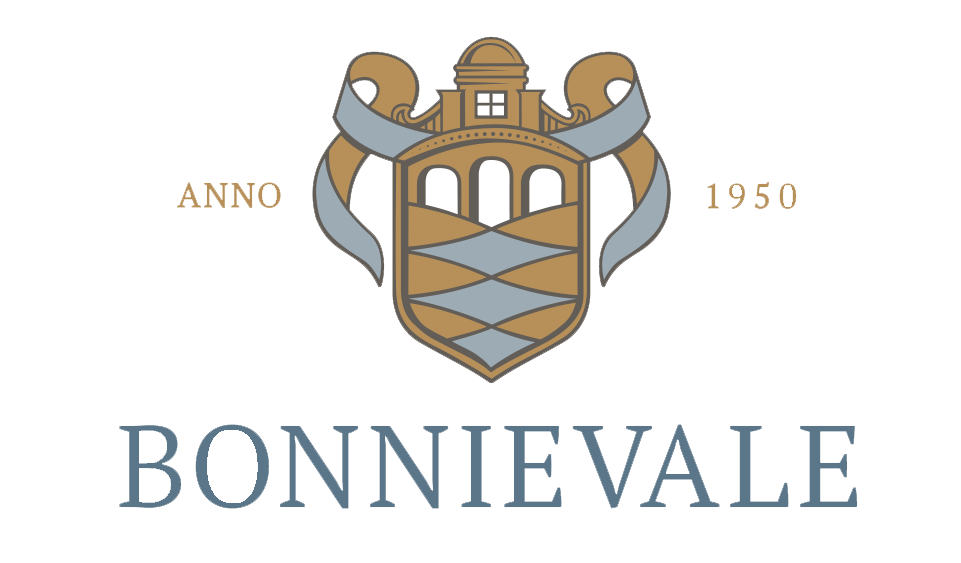
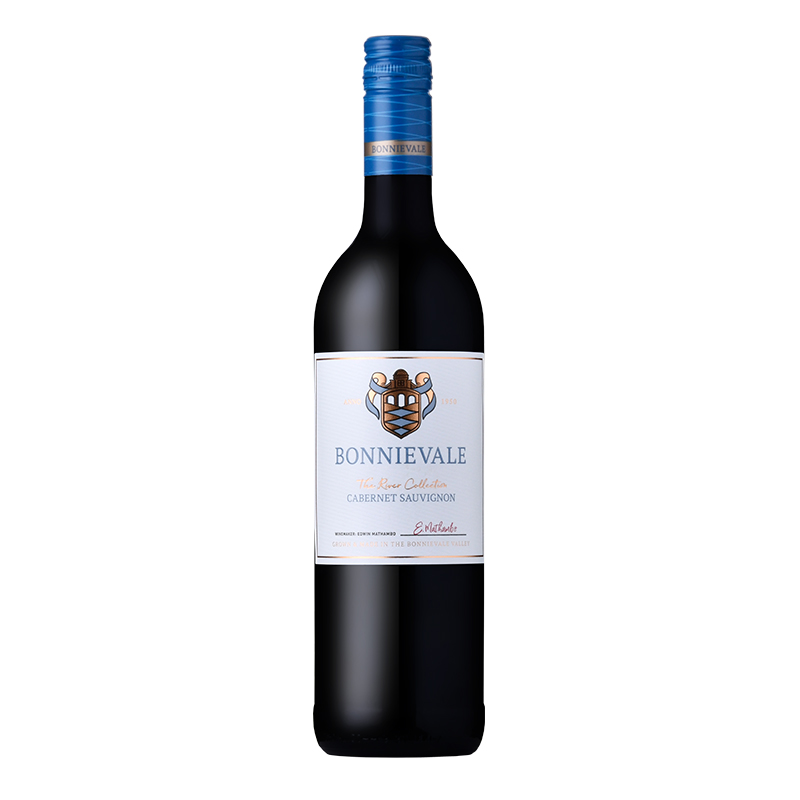
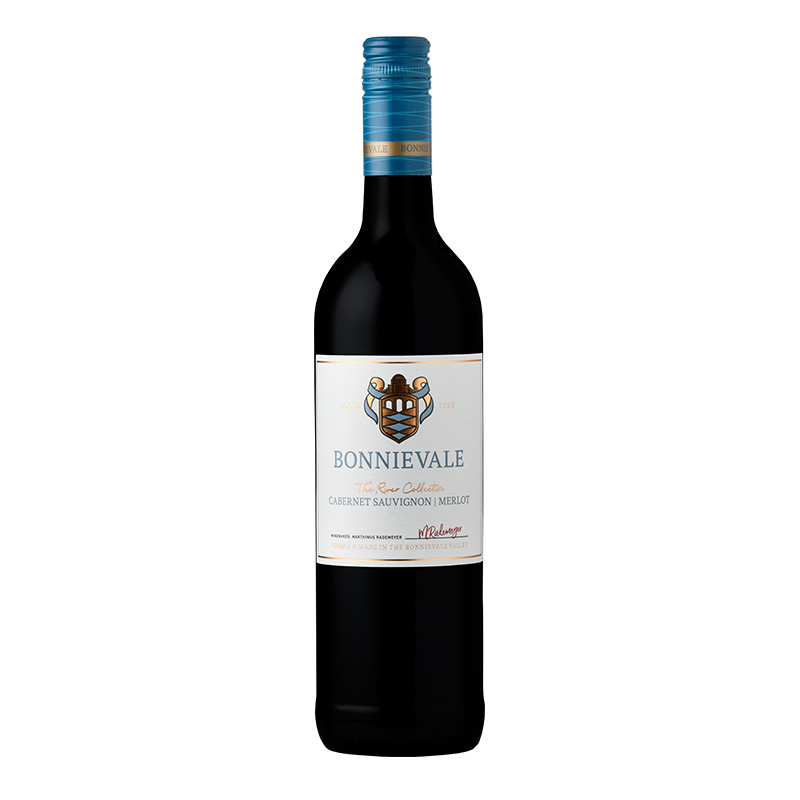
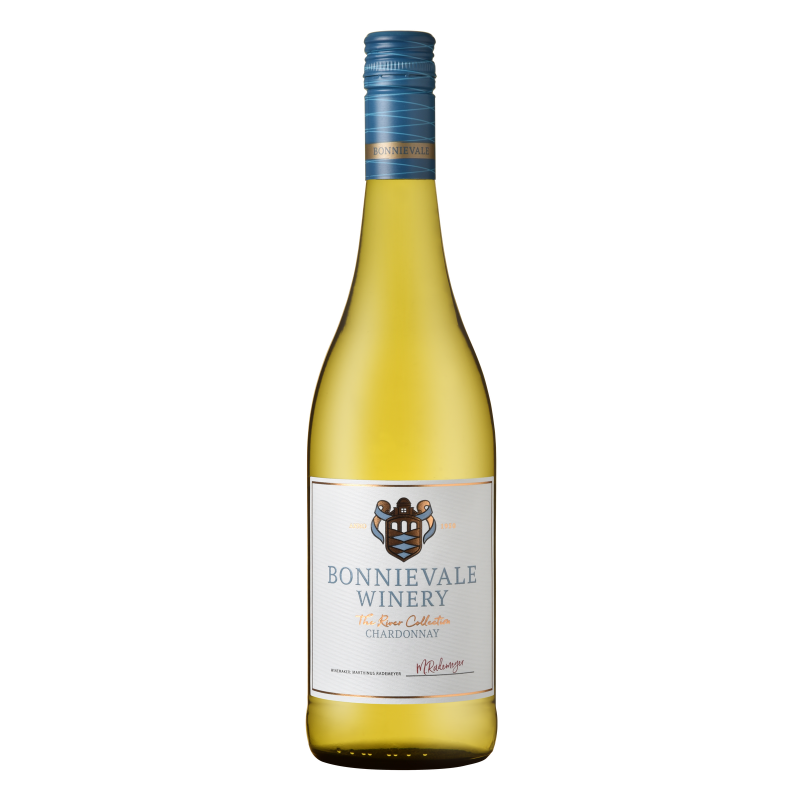
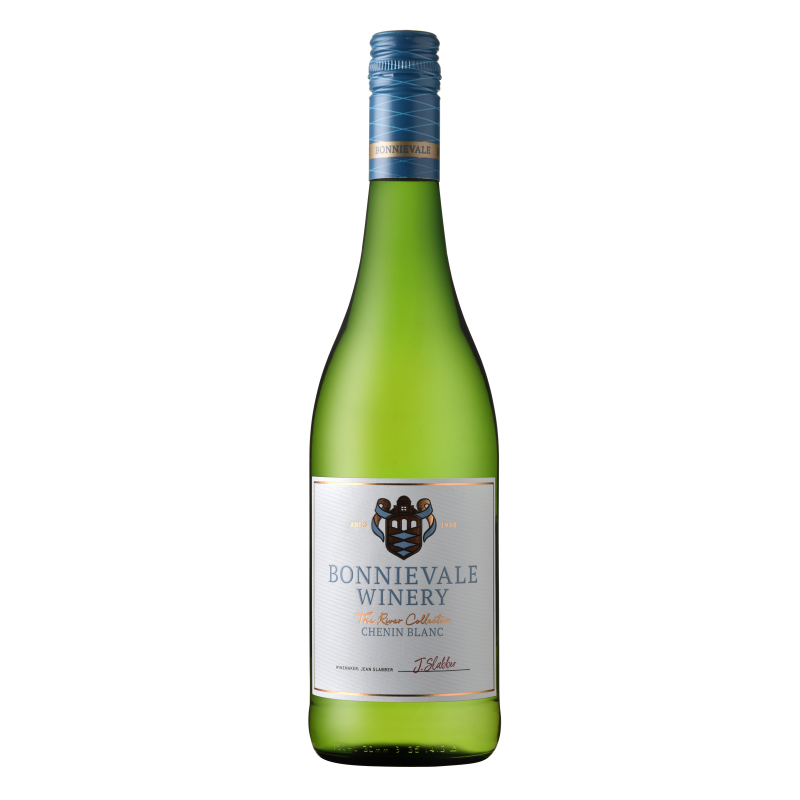
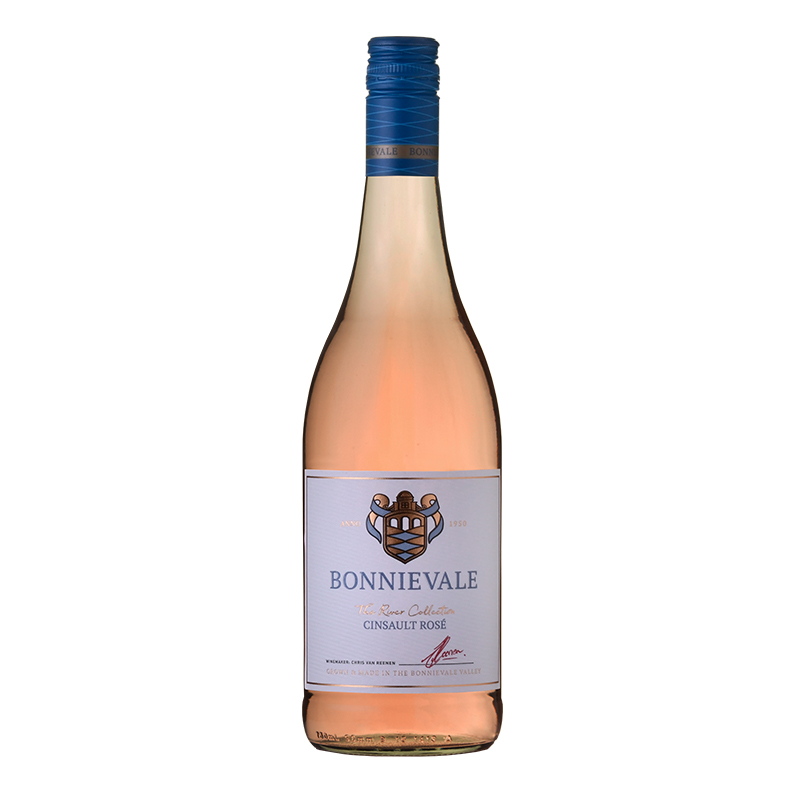
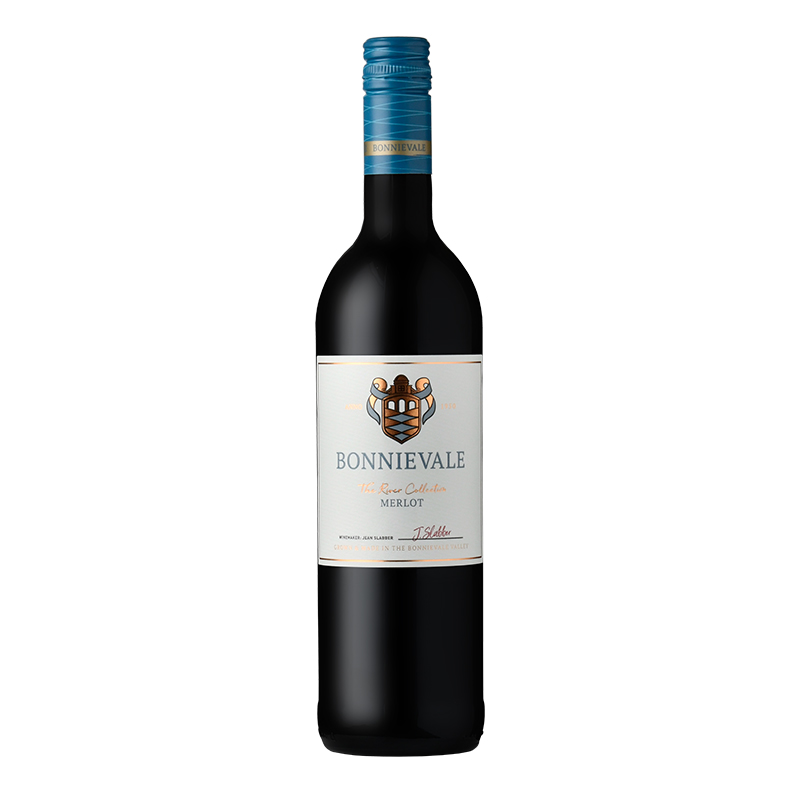
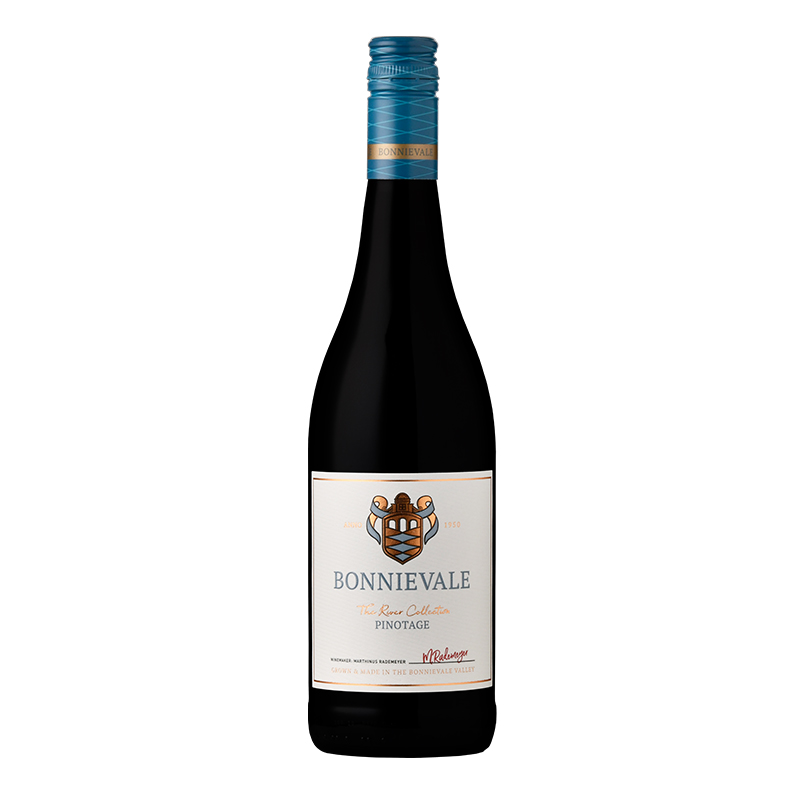
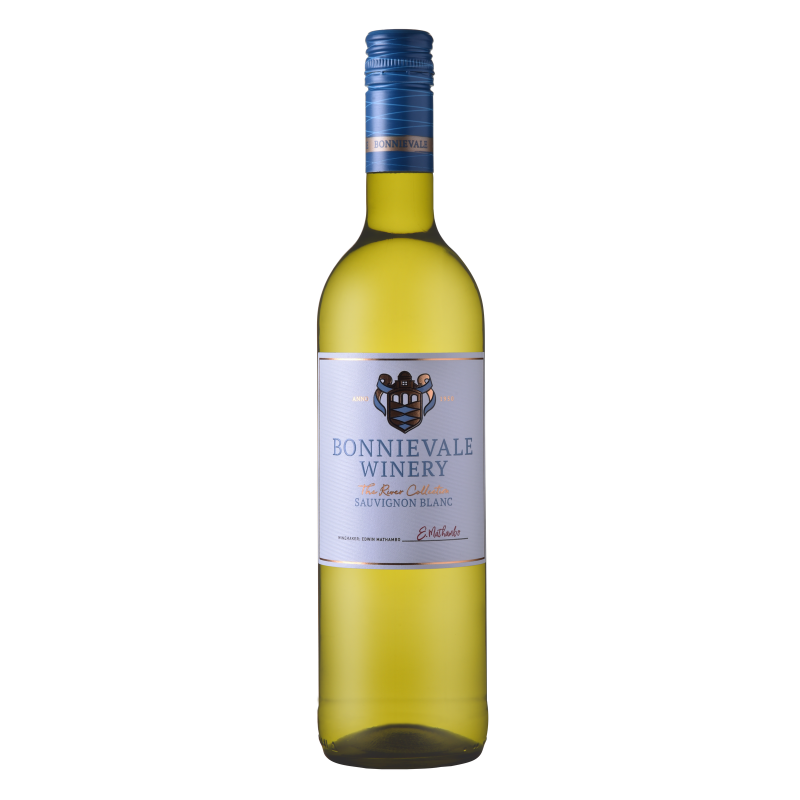
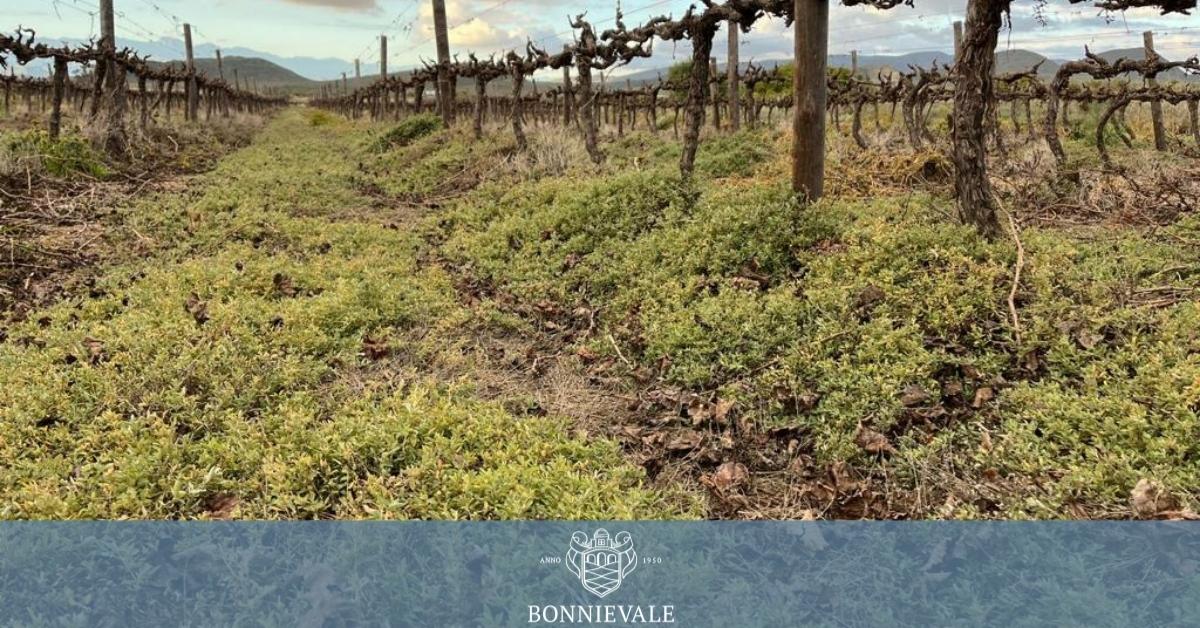





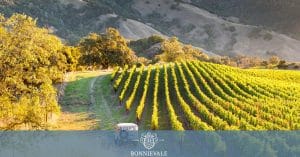



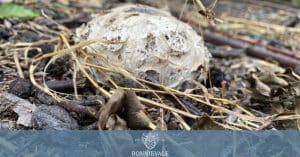

Leave a reply